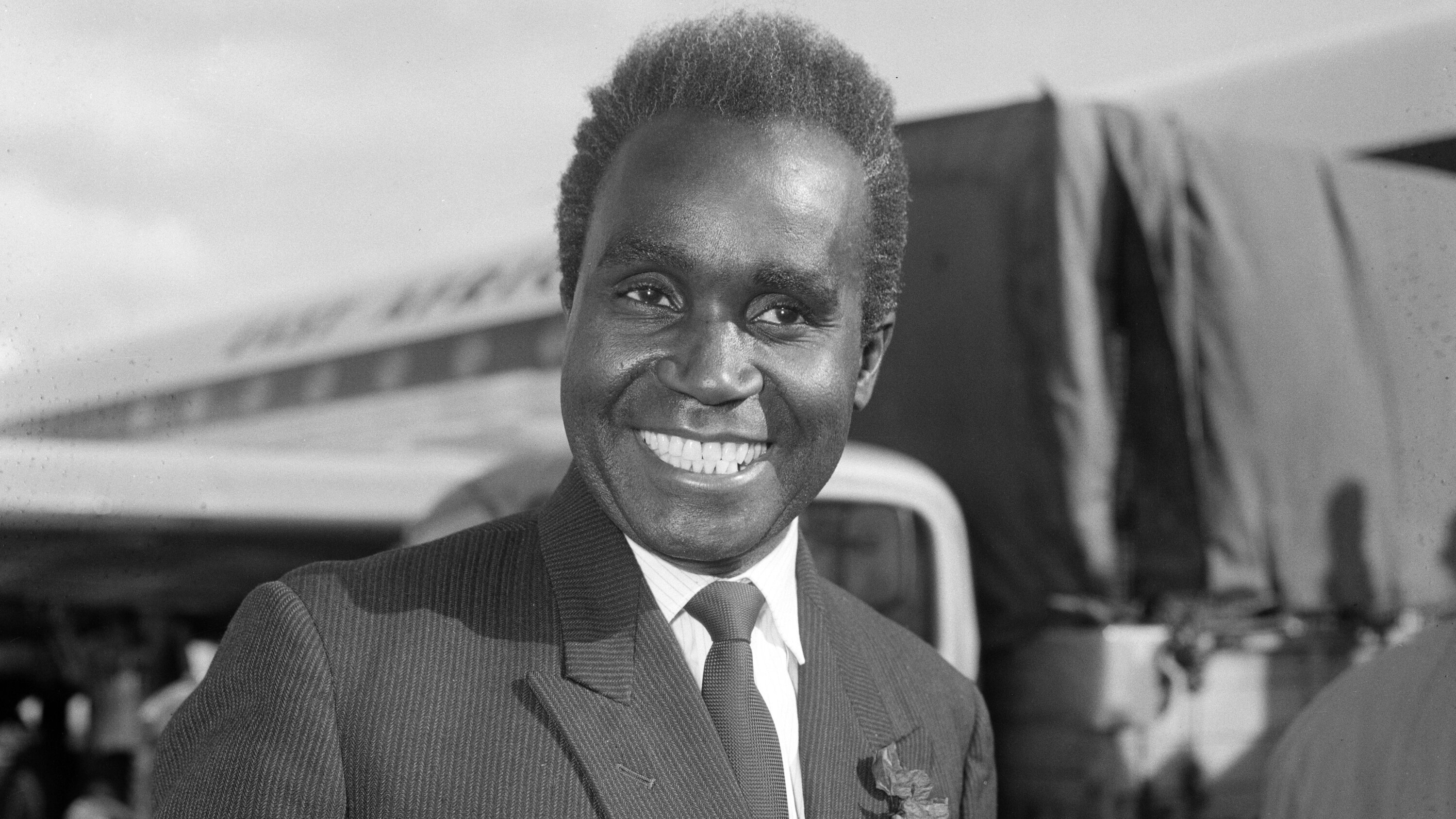Here Kaunda is discussing military rule and why he sees it as a dead end for newly independent African nations. (Military rule mostly came in with the second generation of dictators, such as Idi Amin and Mobutu, and usually with strong support from the US and western Europe.) What’s helpful about this is Kaunda actually comes to power in 1964, so he is around when Nkrumah is overthrown and is able to witness the ascent of military states in post-colonial Africa. While we obviously don’t have military governments in the west, I worry that the fears Kaunda associates with military governments—ruling only by force and never by persuasion, possessing an indifference to their credibility with the people, a certain remoteness from the virtues of civic life, and so on—are all very much with us today.
Login to read more
Sign in or create a free account to access Subscriber-only content.
Topics:
